As more and more people embrace the benefits of organic gardening, the demand for natural soil amendments has grown steadily. Among these, dolomite has emerged as a popular choice due to its unique composition and ability to create a thriving environment for plants. This article aims to shed light on the numerous benefits that dolomite offers for plant growth and how it can be used effectively in gardening and farming. 1. Understanding Dolomite: Dolomite is a mineral compound that contains calcium magnesium carbonate. It is derived from limestone, which undergoes a natural process of metamorphosis in which magnesium-rich seawater reacts with the calcium carbonate deposits. The resulting compound, dolomite, is widely recognized for its agricultural benefits. 2. Boosting pH Levels: Soil acidity or alkalinity, often measured by pH levels, plays a critical role in plant health and nutrient availability.

.
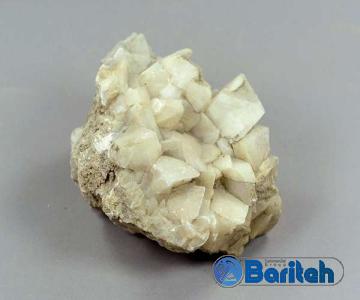 Dolomite acts as a pH buffer, helping to neutralize soil acidity and maintain a balanced pH level ideal for most plants. By incorporating dolomite into the soil, gardeners can ensure optimal pH conditions, promoting healthy growth and enhancing nutrient availability. 3. Enhancing Nutrient Absorption: Dolomite is rich in essential nutrients, primarily calcium and magnesium. These nutrients are essential for overall plant health and growth. Calcium aids in cell wall development, root growth, and nutrient absorption, while magnesium plays a vital role in chlorophyll production, photosynthesis, and enzymatic processes. By providing plants with a readily available source of calcium and magnesium, dolomite enables better nutrient absorption, leading to stronger, more robust plants.
Dolomite acts as a pH buffer, helping to neutralize soil acidity and maintain a balanced pH level ideal for most plants. By incorporating dolomite into the soil, gardeners can ensure optimal pH conditions, promoting healthy growth and enhancing nutrient availability. 3. Enhancing Nutrient Absorption: Dolomite is rich in essential nutrients, primarily calcium and magnesium. These nutrients are essential for overall plant health and growth. Calcium aids in cell wall development, root growth, and nutrient absorption, while magnesium plays a vital role in chlorophyll production, photosynthesis, and enzymatic processes. By providing plants with a readily available source of calcium and magnesium, dolomite enables better nutrient absorption, leading to stronger, more robust plants.
..
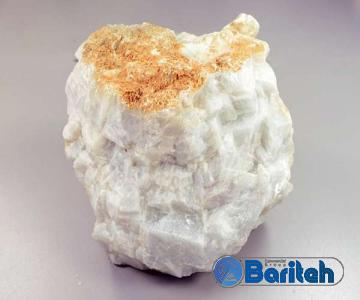 4. Preventing Nutrient Deficiencies: In addition to calcium and magnesium, dolomite contains trace elements such as iron, manganese, and zinc. These micronutrients are crucial for various biochemical processes within plants. Dolomite supplementation ensures that plants receive an adequate supply of these essential elements, thus reducing the risk of nutrient deficiencies. This, in turn, enhances plant growth, disease resistance, and overall productivity. 5. Improving Soil Structure: One of the less-known advantages of dolomite lies in its ability to improve soil structure. Adding dolomite to heavy clay soils can help break down compacted soil particles, increasing drainage and aeration. This enhances root development and allows water and nutrients to reach plant roots more effectively. In sandy soils, dolomite aids in retaining moisture and preventing nutrient leaching, providing a stable environment for plants to flourish.
4. Preventing Nutrient Deficiencies: In addition to calcium and magnesium, dolomite contains trace elements such as iron, manganese, and zinc. These micronutrients are crucial for various biochemical processes within plants. Dolomite supplementation ensures that plants receive an adequate supply of these essential elements, thus reducing the risk of nutrient deficiencies. This, in turn, enhances plant growth, disease resistance, and overall productivity. 5. Improving Soil Structure: One of the less-known advantages of dolomite lies in its ability to improve soil structure. Adding dolomite to heavy clay soils can help break down compacted soil particles, increasing drainage and aeration. This enhances root development and allows water and nutrients to reach plant roots more effectively. In sandy soils, dolomite aids in retaining moisture and preventing nutrient leaching, providing a stable environment for plants to flourish.
…
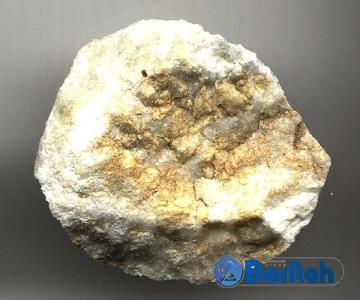 6. Selecting and Applying Dolomite: It is crucial to select high-quality dolomite for maximum effectiveness. Look for finely-ground dolomite that is evenly distributed and devoid of impurities. Depending on soil conditions and plant requirements, dolomite can be applied at different rates. Conduct a soil test to determine the ideal amount needed and apply accordingly. Dolomite can be applied as a soil amendment before planting or as a top dressing during the growing season for ongoing benefits. Conclusion: Dolomite offers a multitude of benefits for plant growth and soil health. From balancing pH levels and enhancing nutrient absorption to improving soil structure, it is an invaluable tool for organic gardeners and farmers. By incorporating dolomite into their gardening practices, they can create nutrient-rich, thriving environments that promote healthy plant development, disease resistance, and productivity.
6. Selecting and Applying Dolomite: It is crucial to select high-quality dolomite for maximum effectiveness. Look for finely-ground dolomite that is evenly distributed and devoid of impurities. Depending on soil conditions and plant requirements, dolomite can be applied at different rates. Conduct a soil test to determine the ideal amount needed and apply accordingly. Dolomite can be applied as a soil amendment before planting or as a top dressing during the growing season for ongoing benefits. Conclusion: Dolomite offers a multitude of benefits for plant growth and soil health. From balancing pH levels and enhancing nutrient absorption to improving soil structure, it is an invaluable tool for organic gardeners and farmers. By incorporating dolomite into their gardening practices, they can create nutrient-rich, thriving environments that promote healthy plant development, disease resistance, and productivity.

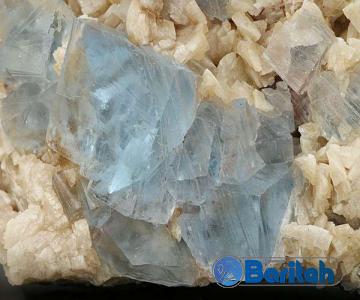
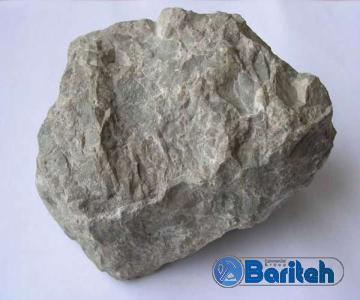

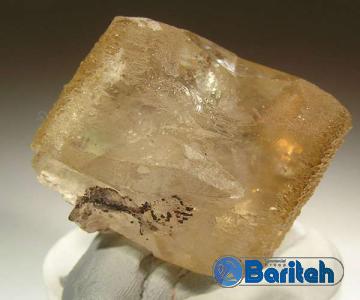
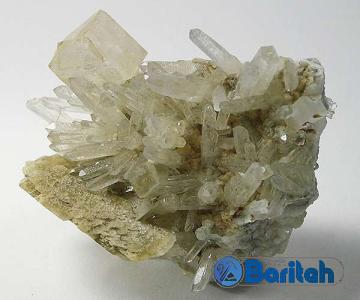
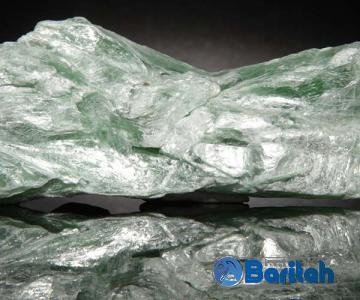
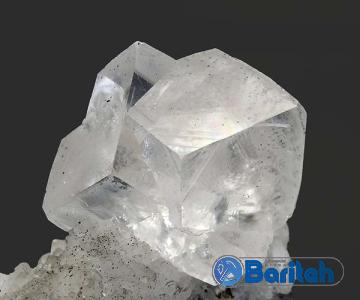
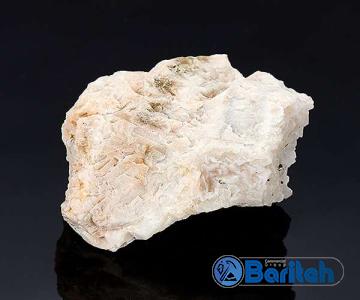
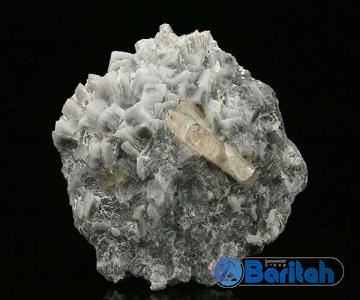
Your comment submitted.